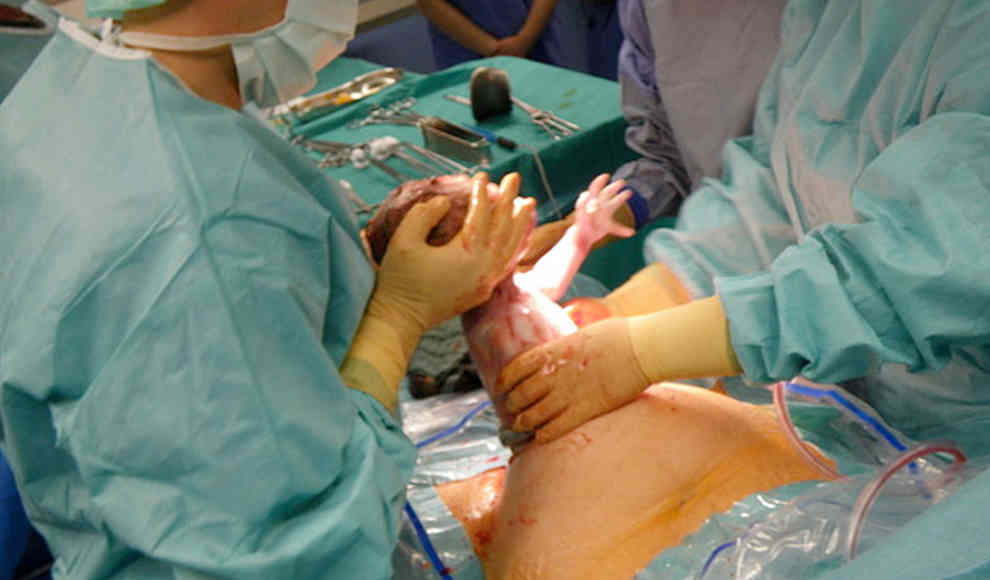A new study has found that cesarean sections can cause developmental issues in the brains of mice. Researchers discovered that mice born via C-section produced lower levels of a protein called UCP2, which is responsible for nerve cell connectivity, orientation, and memory. The protein is produced in the hippocampus, a region in the temporal lobe of the brain, during natural births. However, when mice were born via C-section, the protein was barely detectable in their brains. The study suggests that the lack of UCP2 can lead to impaired brain development and long-term effects on behavior.
According to Tamas Horvath, a researcher at the Yale School of Medicine, “These results demonstrate a potentially critical role of UCP2 in the correct development of brain circuits and associated behaviors.” The study raises concerns about the increasing popularity of C-sections in western countries, where many mothers opt for the procedure out of convenience or fear of childbirth complications. While the effects of C-sections on human brain development have not been extensively studied, Horvath and his colleagues believe that similar effects could occur in humans.
The study highlights the importance of natural childbirth and the potential risks associated with C-sections. It also emphasizes the need for further research to fully understand the long-term effects of C-sections on human brain development and function. As the popularity of C-sections continues to rise, it is crucial for medical professionals and expectant mothers to carefully consider the risks and benefits of the procedure.










